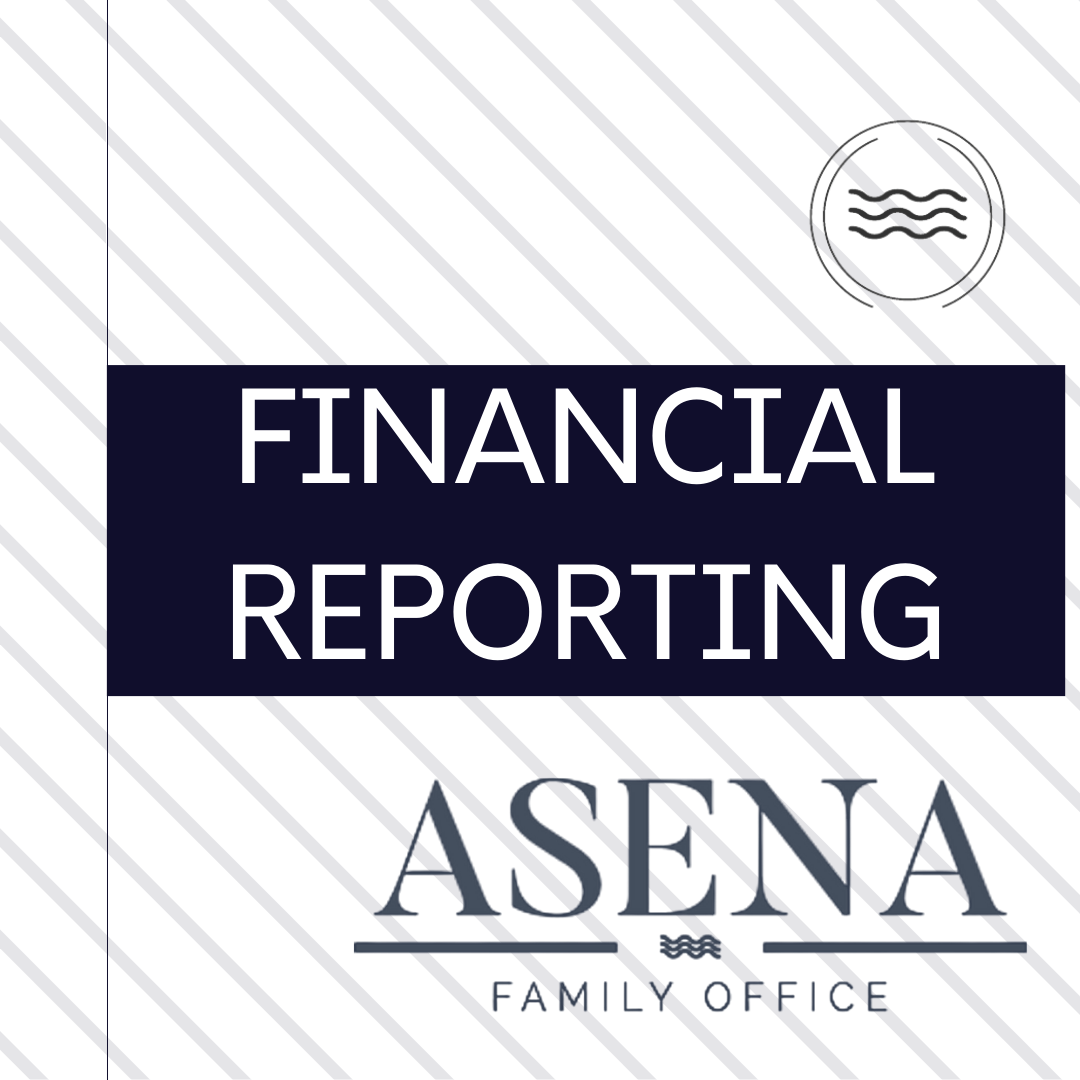Entity Formation
Foreign businesses expanding into the U.S. have numerous entity options. Asena Advisors can help you choose the best one.
At Asena Advisors, we establish business entities for clients using a holistic approach using our best business entity set up services. As such, we custom build structures around your goals whether that be building long term cash flow from passive investments or an active business interest or structuring a business to facilitate a capital raising, a future listing on a U.S. stock exchange or a sale. In doing so, we provide in-depth analyses on which U.S. entity best suits your needs, from both a tax perspective and a legal one.
The main U.S. entity types are partnerships, limited liability companies, and corporations. Entity’s themselves can be customized, but each type has some defining characteristics, as explained below.
Partnerships
Partnerships are formed when two or more persons enter into a trade or business together. Each partner is liable for the acts or omissions of the partnership, including the acts of another partner done within the scope of the partnership’s business activities. With regards to taxation, partnerships are treated as “pass-through” entities. As such, each partner must pay tax on their pro rata share of the partnership gains, while remaining liable for any losses. Moreover, each partner must report and file their own tax return.
Limited Liability Company
Limited Liability Companies (LLC) are formed when Articles of Organization are filed with the state of which the LLC will be governed by. Like partnerships, LLCs are flow through entities for tax purposes. However, unlike partnerships, the LLC members are not exposed to personal liability.
Corporation
Similar to LLCs, corporations can only be formed through the filing of incorporation documents with a chosen U.S. state. Corporations are also legal entities and are liable for actions taken on its behalf; accordingly, owners are shielded from personal liability. Corporations differ the most from the other entities when looking at the tax implications. Specifically speaking, corporations are not pass-through entities. Thus, corporations must pay taxes on their profits and are liable for losses. Owners must pay taxes on distributions made from the corporation, subjecting these profits to double taxation (i.e. taxation at an entity level and on the subsequent dividends).
In addition to choosing an entity, businesses need to choose a state in which to organize under. The most commonly utilized states are Delaware and Nevada. However, it is important to careful consider each state’s taxes, economic incentives, wage requirements, and industry market when determining which to organize under.
Lastly, foreign businesses and business owners must be sure to acquire the required licenses and visas to operate legally within the U.S.
Asena Advisors, can help you identify and satisfy these requirements.
Entity Set up Services
Los Angeles (LA) California (CA), Chicago, New York (NYC), Atlanta, and New Delhi

Corporate Finance
Find out moreTax Advisory
The U.S. has some of the most complicated international tax rules which have a significant impact on how foreign business can be structured.
Find out moreTax Preparation Services
Accounting for and managing the domestic disclosure obligations of a foreign wholly owned subsidiary or related entity, can be a complex and costly exercise if it is not managed correctly.
Find out moreHave a question?
Contact us today to arrange your no obligation consult.



